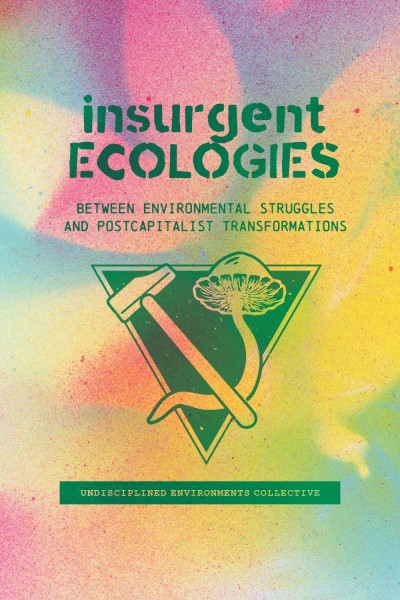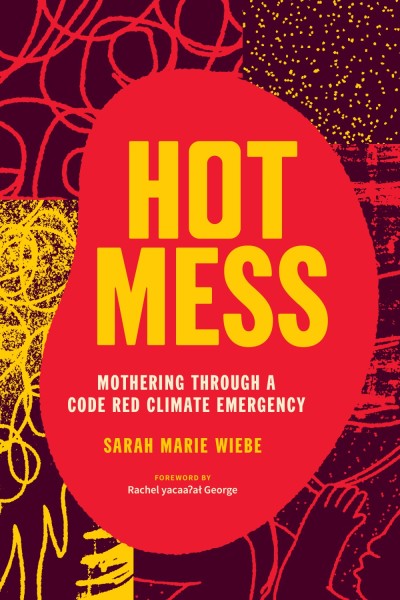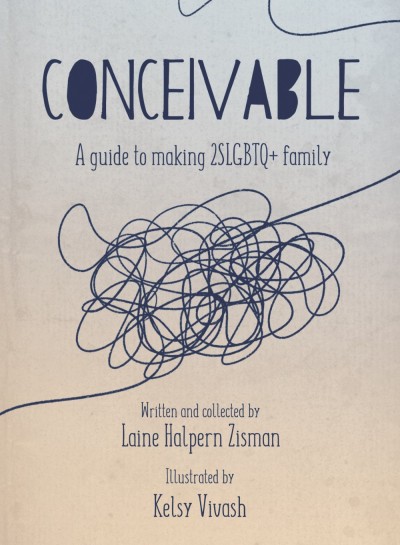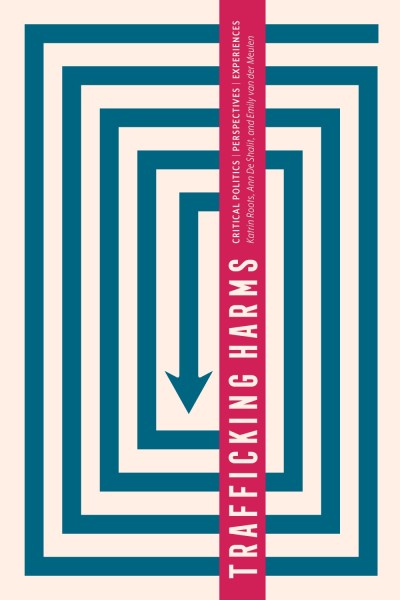
Changing Tides
Gender, Fisheries and Globalization
This compelling exploration of the intersection of fisheries, globalization, and ecological transformation, merging academic insights and real-world accounts to illuminate the urgent challenges of ownership, control, and sustainability.
About the book
Fisheries are among the most globalized economic sectors in the world. Relying largely on wild resources and employing millions of people and feeding many millions more, fisheries provide a unique vantage point from which to view contemporary globalization, which is co-occurring with a major ecological revolution triggered by resource degradation and associated with the development of intensive aquaculture. Globalization is intensifying the export orientation and use of joint ventures between rich and poor countries in fisheries. International organizations such as the IMF are pressuring many debtor countries to exchange access to their fishery resources for access to foreign exchange, constraining their ability to limit external ownership and the export of resources, and threatening local fishery employment and food self-sufficiency. Changing Tides brings together contributions from researchers and community workers from 13 countries of the world. Juxtaposing academic case studies with accounts from activists and fisheries workers, this book points the ways in which globalization and associated resource degradation, privatization and the concentration of ownership and control in fisheries are jeopardizing the lives and livelihoods of women fish workers and their families.
Climate & Ecology Feminism, Gender & Sexuality Food Politics Global Studies & Development
Contents
- Part 1: From Trawl to Table in Globalized Fisheries
- Part 2: Regional Case Studies
- Part 3: Fish Traders and Vendors; Gender, Race, Rights and Globalized Fisheries
- Part 4: Gender, Globalization and Fisheries Management
- Part 5: Health Risks in Globalized Fisheries
- Part 6: Researching Globalized Fisheries
- Contributors


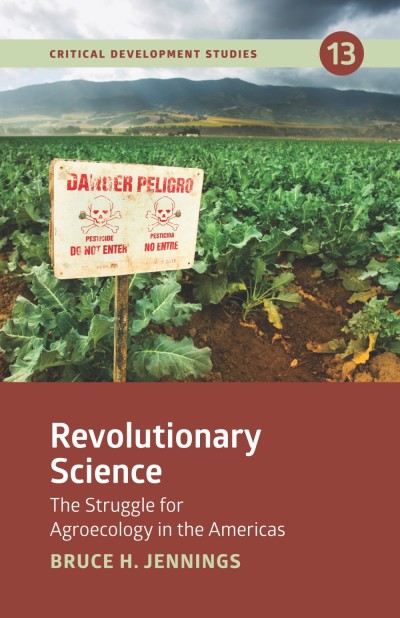

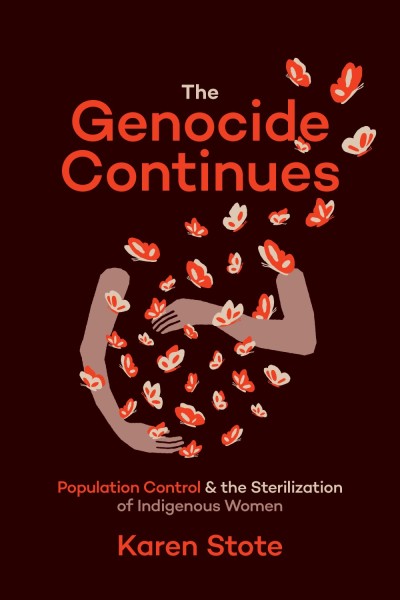

_cover-FINAL_400_618_90_s.jpg)
